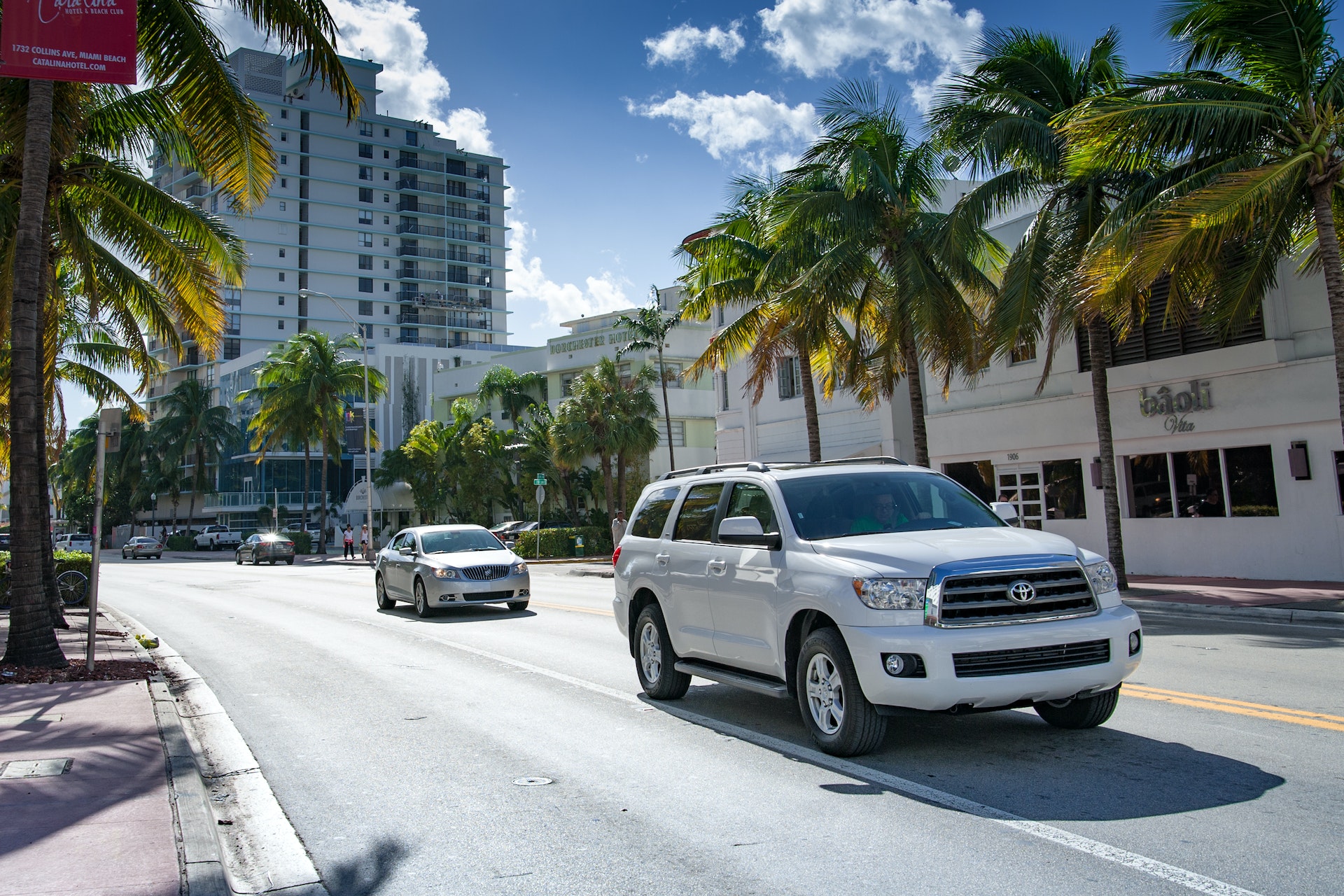The switch to EVs could have had an even greater impact on the environment if people weren’t obsessed with massive vehicles, a new report claims. The wide range of SUVs available and people’s love for them has reduced electric vehicles’ impact on climate change and prevented carbon emissions from dropping by up to 30% over the past decade.
It’s easy to see why people are opting for an SUV. They’re immensely practical; you can cram a lot of stuff, or a few large objects, into an SUV. While moving furniture may be a rare occurrence, and strapping a kayak to the roof is more of a thing you threaten to do each summer than an actual hobby, it’s always nice to know you can. Then, there are other practical elements, such as the ability to tackle difficult weather situations or challenging terrains. This may outweigh an individual’s commitment to lowering emissions.
SUVs make up a large part of the new vehicle market, with the platform accounting for over half of all new auto sales. Vehicles also seem to be getting bigger as companies focus a lot on the utility segment. Given the lucrative nature of the platform, it’s unlikely manufacturers will acknowledge the report and push to get their customers into something more compact any time soon. Still, it could be worse.

You can have the best of both worlds
There is a wide range of electric and PHEV SUVs on the market, which arguably offer the best of both worlds when it comes to vehicle selection. You get great range, as manufacturers can fit a lot of battery cells onto the platform, along with all of the other benefits that come with an SUV. While a smaller vehicle would have a greater environmental impact, hopping into an electric SUV is a far greener option than getting into something that will be hauling itself and other things around with a six-plus liter diesel engine or an even less efficient gas-powered ICE. So, while things could be better, overall, EV adoption is still a step in the right direction.
Environmental benefits are a significant reason governments, businesses, and environmental groups are pushing for EV adoption. Many companies and nations are aiming to become carbon-neutral within the next couple of decades, and mass EV adoption is a major part of that plan. Even if the electricity used in an EV is generated in something like a coal power plant or diesel generator, the energy an electric vehicle uses is still notably more efficient than burning gasoline in an internal combustion engine.
A large section of the public also seems to be on board, with EV sales accounting for 15% of the global market share over the past year. The push has been particularly hard in countries like the U.S. and China, which account for a large chunk of global emissions between them.
Opting for an electric SUV should alleviate a bit of environmental guilt, but it still has knock-on effects and long-term benefits. A greater number of EV purchases boosters both pressure and funding for the infrastructure projects that will make general EV use more practical. Those large battery banks may also come in handy if the electricity grid is under pressure.




